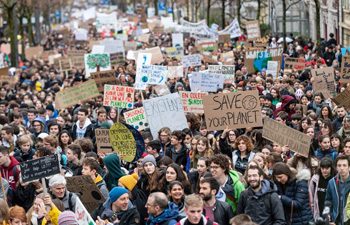
Human Rights Committee's 125th session - March 2019
After the adoption of General Comment 36 on the right to life, the Human Rights Committee decided to start the drafting of General Comment 37 on the right of peaceful assembly (article 21 of the ICCPR). The rapporteur for the new General Comment is Christof Heyns.
On 20th March 2019, the Committee held a half-day discussion to launch the drafting process by listening to interventions from the Special Rapporteur on the rights to freedom of peaceful assembly and of association, NGOs and academics. Four videos sent by NGOs were also shown at the meeting. Additionally, the Committee received 43 written submissions. To read more about thesubmissions visit the official page of the Human Rights Committee.
Main topics of discussion
The oral interventions from the participants raised several issues to be taken into consideration for the draft General Comment, such as the definitions of “peaceful” and “assembly”; the State’s responsibility to facilitate peaceful assemblies and ensure protection to participants, observers and counter-demonstrators, and the relevance of the right to peaceful assembly and dissent in a democratic society.
Emerging issues related to the use of online space as a medium to facilitate protests or as a platform for protesting were also discussed at length. The use of new surveillance technologies like the IMSI catchers and facial recognition cameras during the protests was another emerging issue to be addressed by the General Comment.
Finally, the relationship of article 21 with other articles of the ICCPR, notably article 19 (freedom of expression), article 17 (right to privacy) and the principle of non-discrimination were also discussed.
Timeframe for adoption of the General Comment
The Rapporteur announced that the discussions on the first draft will start at the next Committee’s session in July 2019 with the aim of finalising the first reading by the end of this year. The Committee will then invite States and other stakeholders to submit contributions on the first draft. The second reading will take place next year. The final text is excepted to be adopted by the end of 2020.
